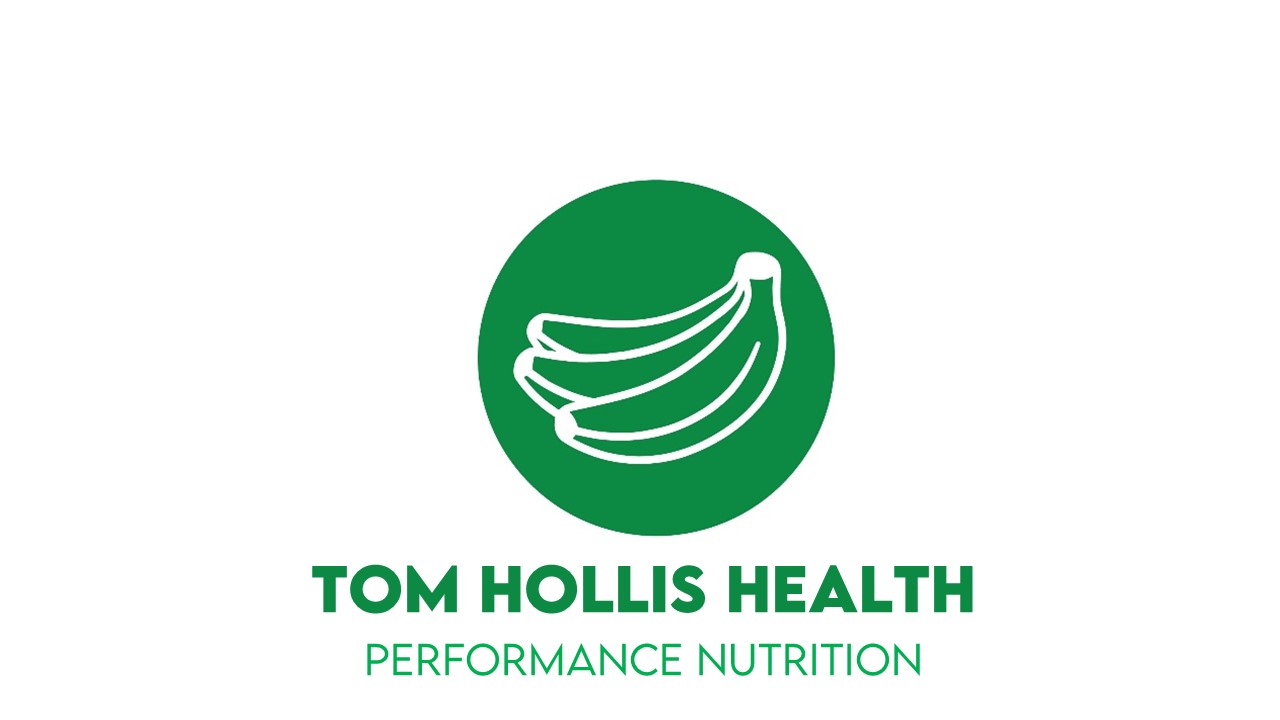Even before completing my qualifications to become a Registered Dietitian back in 2013, I was pretty sure that at some point I would work in sports nutrition. Given that I spend the majority of my spare time playing, watching or thinking about sport, it always seemed like the most obvious of connections between expertise and interests. However, it remained nothing more than a vague notion for many years. I did do a fair bit of research and shadowing of some prestigious sports nutrition experts early on, but then left it to one side; I knew that I really wanted to […]
Veganuary 2021
Veganuary is back, and more popular than ever, with over 500,000 people signing up in 2021. Inevitably this also means more backlash than ever from the closed-minded meat-chompers who feel threatened by plant-based diets, but I find it’s best not to rise to the red-faced haters! If this pandemic has taught us one thing, it is hopefully that we should never take our environment, wildlife, or health for granted. OK, so those are three things really, but nevertheless, they are also the three main reasons that people choose to go plant-based. And unlike Dry January, which, although important, only serves […]
Keto diets in endurance exercise (part II)
I introduced the definitions and basic theory underpinning endurance athletes’ ketogenic diets (EAKD) in the first blog, but what happens when the theory is subjected to scientific research? A recently published systematic review (which by definition should incorporate all relevant, good quality studies) will help us answer this question. I will warn you that this is quite a detailed synopsis, so feel free to skip to my ‘take home thoughts’ at the end if what comes before is a bit too heavy. The review claims to be the first of its kind looking at EAKD and key outcomes for endurance […]
Dietary nitrates and endurance exercise – blog 3 and summary
Well done and thank you for getting this far – I know it’s been stodgy and technical at times, but this third and final nitrates blog should tie it all together nicely. I’ve already covered the impact of exercise assessment type, athlete fitness level, dosage and timing on nitrate’s benefit to endurance performance. The final elements to consider are sport type, intensity and duration, after which I will summarise where we are with some practical tips. In blog 1 I mentioned that nitrate seems to be more effective in sub-maximal ‘time to exhaustion’ assessments than maximum effort time trials. Somewhat […]
Dietary nitrates and endurance exercise – blog 2
In the intro blog, I explained why nitrates had attracted plenty of interest in endurance performance research, and introduced the idea that they may be more effective in improving the efficiency of sub-maximal efforts. Another emerging theory is that the ergogenic (performance-enhancing) impact of nitrates is felt more strongly among recreational athletes. This trend was spotted in one of the early meta-analyses, where there was a large discrepancy in the percentage of trials showing positive results between those involving ‘untrained’ and ‘trained’ participants. An individual study was then designed to look more closely at this, and it found that beetroot […]
Dietary nitrates and endurance exercise – intro blog
As a curious runner but sceptical scientist, I’m easily drawn to news pieces about enhancing running performance, particularly those that relate to nutrition. I try to view the articles through two pairs of eyes – my own (to critique the evidence and how it’s presented), and perhaps more importantly, those of a running friend or potential client. It’s vital to consider how they would interpret the article, and what questions might soon come my way. Beetroot juice is a fine example of running nutrition grabbing the headlines in recent years. I had already been following the media stories with interest, […]
A meat free year (and the growing evidence base)
I blogged last year about my steady drift towards a fully plant-based diet, and discussed some of of the key considerations and questions of doing so. I’m happy to report that this drift has continued, and I managed to avoid eating meat for the whole of 2018. Well OK, that is not entirely true, as I had one mishap on the flight back from my own stag do in Porto, when I ate a bread roll with chicken puree which I thought was hummous. Hard to believe that my abstinence was broken, not for a juicy burger or Sunday roast, […]
Introduction to Intensive Care
My clinical career has seen some significant changes recently, so I thought I’d write a quick post to briefly update and reflect on a busy few months in the day job (and inevitably the language will be slightly more clinical than usual – apologies!) For the second half of 2017, I took on the role of Senior Specialist Dietitian in Lower Gastrointestinal Surgery and Gastroenterology at my previous trust, Imperial. Given the nature of the surgery and diseases in this population (e.g. bowel cancer, crohn’s, pancreatitis), patients are often unable to digest food normally, with their intestinal tracts either inaccessible […]
6 Problems Facing Diet Research
Last week, I discussed the ongoing saturated fat debate, and hinted that diet research is often flawed… which can be why dietary science or evidence appears inconclusive. Here are six reasons to help explain why that can be the case: 1. Long follow-up times The effects of dietary approaches are not going to be seen overnight. Instead, impacts on health might take years, or more likely, decades (which is why it is the habits of a lifetime that matter, not those of a month after Christmas). This means that studies have to be hugely ambitious from the outset, taking into […]








